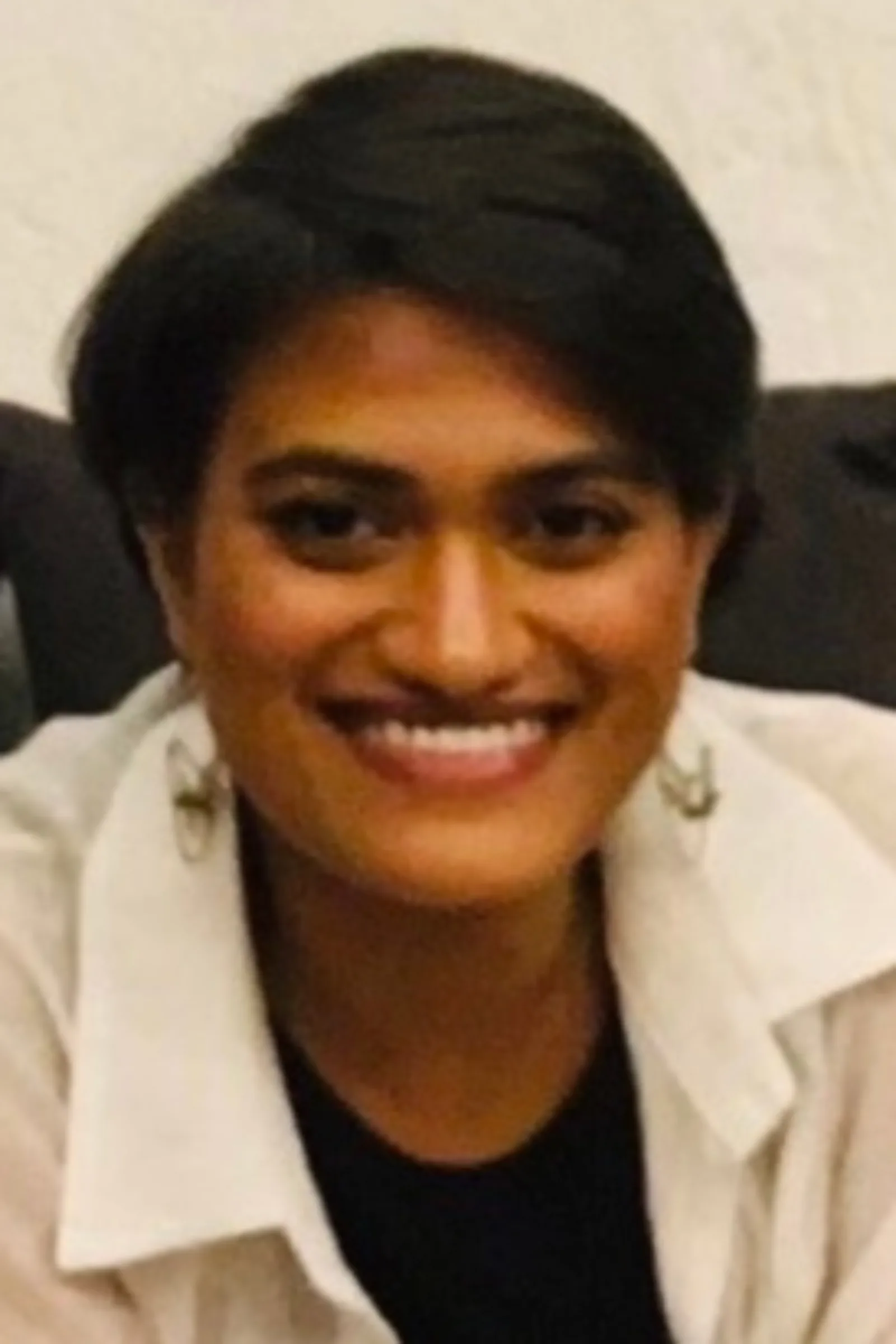An Expert in the Field: Discovering the Traditional Borders of Late-Qing Geoknowledge in the Himalayas
Sayantani Mukherjee, Ashoka University
In the final decades of its existence, the Qing imperial state sought to unify and standardize policies of frontier management. In this context, mapping and surveying practices developed as socio-technological discourses that transformed how Qing authorities asserted their territorial claims in the Eastern Himalayas. How did military surveyors establish authoritative ideas about the “natural” limits of the Qing empire? This paper focuses on late-Qing surveys of the Zayul river basin in 1910-1911, commissioned by Zhao Erfeng and carried out by the surveyors Cheng Fengxian, Duan Pengrui, and Xia Hu. Between 1910 and 1911, Zhao Erfeng commissioned new surveys of the Zayul river basin, located in the Tibetan dominions at the north-easternmost tip of modern-day Arunachal Pradesh, to demarcate Chinese territory from that of British India. General Zhao’s subordinate officials Cheng Fengxiang, Duan Pengrui, and Xia Hu led surveying missions that mapped the route of the Zayul river, which flowed into British Indian territory through the Mishmi hills into Assam as the Lohit.
These surveys largely claimed that natural features marked the “natural” or “traditional” boundaries of the imperial state, against local knowledge productions that framed those same topographical features as connectors rather than dividers. Most scholarship on the history of Qing-era frontier management has tended to focus on Chinese nation-building practice. However, this paper foregrounds the deconstruction of the epistemic regime governing the production of geo-knowledge about the Eastern Himalayas by investigating the appropriation and rejection of the interlocuters of local and indigenous knowledge, networks, and actors—exploring the constructions of that authoritative knowledge and questions who could be considered an expert.
Register and Request Paper
This event is free, but all participants must register in advance. Space is limited, so please do not request a paper unless you plan to attend.
Register and Request PaperAbout the Map History Seminar Series
The Map History Seminar aims to support interdisciplinary research in the history of maps and mapping in any period or specialty. With scholars in many different fields, we hope to foster lively discussions and explore new and exciting scholarship that engages with the history of maps and mapping. The seminar uses a workshop model where attendees will read a pre-circulated paper from the presenter and attend ready to discuss. Some meetings will be virtual and some in person.
